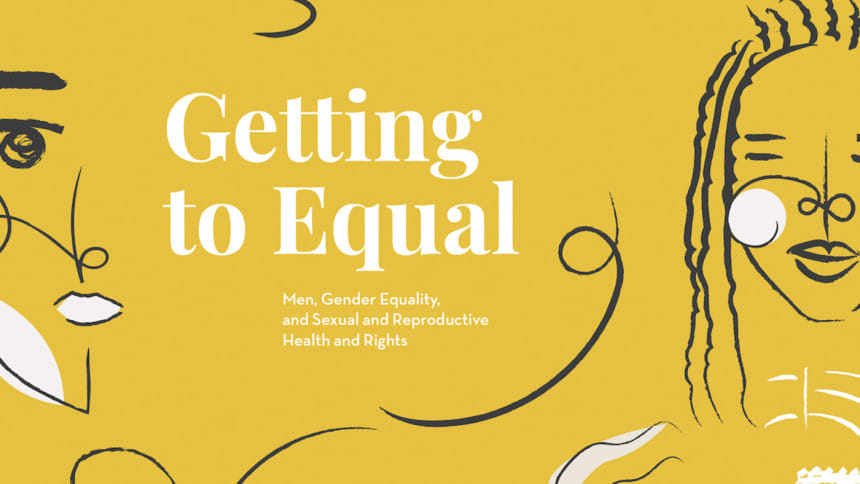Reproductive health of men: Why is it important?

cThere is increasing evidence that damaged sperm can affect pregnancy outcomes, from miscarriage and birth weight to birth defects and childhood illnesses.
We still do not have a male birth control pill. Men's contraceptive options have not been researched well for decades. They have condoms and vasectomies, and that is all. In contrast, the early emergence of obstetrics and gynaecology generated robust research due to which there are numerous interventions for women's contraception, infertility, pregnancy, and birth.
Males do not know that sperm takes two to three months to grow in the male body, which is the key window before conception when each step probably matters most. They do not know enough that with every passing year, older men are more likely to develop new mutations in their sperm, which have been linked to an increased risk of autism and schizophrenia in their children. So it is important to pay more attention to men's sexual health because it has the potential to improve men's lives and the lives of their children.
How males can start to look after themselves: Boys from 9 years old can get the Human papilloma virus (HPV) vaccine through the school vaccination programme. The vaccine is very safe and most effective when given to young men before they become sexually active. HPV affects most people at some point in their lives without them realising it. In most cases it is harmless, but it can lead to genital warts and cause cancer, including mouth and throat cancers, and cancer of the reproductive organs.
During puberty alongside physical changes, like developing a deeper voice, more facial hair, growing taller and muscular, boys may also have ejaculation and frequent erections. Normalise talking about these changes with boys. It will help them with guidance amidst new changes.
Males need to know more about family planning. Condoms are the only (no permanent) method of contraception available for men, however, males need to talk maturely with their partner about her contraception to increase their protection, and assist her to appointments.
Men aged 15-39 are the most at-risk age group for developing testicular cancer. Regularly self-checking their testicles will help men catch any unusual changes. Early detection is the best way to beat testicular cancer.
Males can choose a permanent method of contraception as an idea for couples who have completed their families and do not want to worry about contraception. A vasectomy is an excellent option, as it is quick, affordable, and very effective.
How society can focus on the reproductive health of males: Focusing attention on men's reproductive health can happen in several ways. Health care providers can disrupt the implicit association of reproductive health with women's health by offering patients information about the importance of sperm health. Biomedical researchers can work to identify the precise levels of risk posed by men's age, behaviours, and exposures. Health agencies and professional medical associations can develop materials to educate the public about how men's health can affect children's health.
In addition to emphasising that both women's and men's age and health matters, we can also move away from stigmatising and blaming individuals for reproductive outcomes. COVID-19 is providing us with a deadly reminder that any one person's health is not solely a matter of their individual choices. It is not possible to reduce reproductive risk to zero. But paying more attention to men's reproductive health has the potential to improve life for generations to come.
The writer is a medical student at the Shaheed Suhrawardy Medical College, Dhaka, Bangladesh. E-mail: [email protected]

 For all latest news, follow The Daily Star's Google News channel.
For all latest news, follow The Daily Star's Google News channel. 



Comments